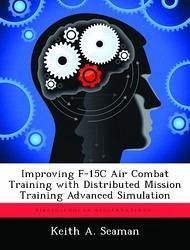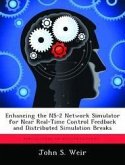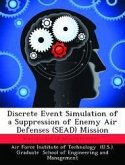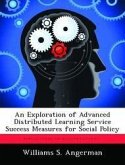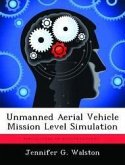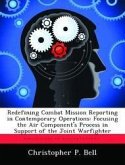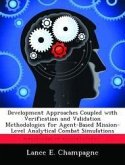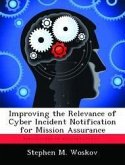Air Combat Command is investing in Distributed Mission Training (DMT) to provide realistic mission training to the Combat Air Forces (CAF) using advances in simulation technology. DMT will network advanced simulators (and some real-world systems) to provide combat aircrews with team training in a synthetic wartime environment. F-15C units will be first in the CAF to incorporate DMT; they are confronted with developing training programs utilizing this new tool without previous experience of how to exploit the benefits of simulation for air combat training. This paper seeks to assist syllabus developers by providing a summary of lessons learned from years of air combat simulation study, and applying those lessons to DMT. A comprehensive analysis of air combat simulation training studies provides insight on how to improve F-15C air combat training using DMT. Studies not only demonstrate simulators can provide effective training, but also identify unique benefits and limitations of simulator training, and offer several training program considerations to achieve the most effective results. DMT benefits not available in flight training include unique instruction options, the capability to repeatedly practice desired tasks or missions, and the opportunity to train in complex combat scenarios. Identified limitations include sources of negative training and the lack of physiological stresses or inputs that may be desired in training. For training programs, simulator studies suggest which tasks should be emphasized in DMT, how metrics can identify training needs, who is expected to gain the most benefit from DMT, and how to intermix DMT and flight scheduling to optimize training.
Bitte wählen Sie Ihr Anliegen aus.
Rechnungen
Retourenschein anfordern
Bestellstatus
Storno

